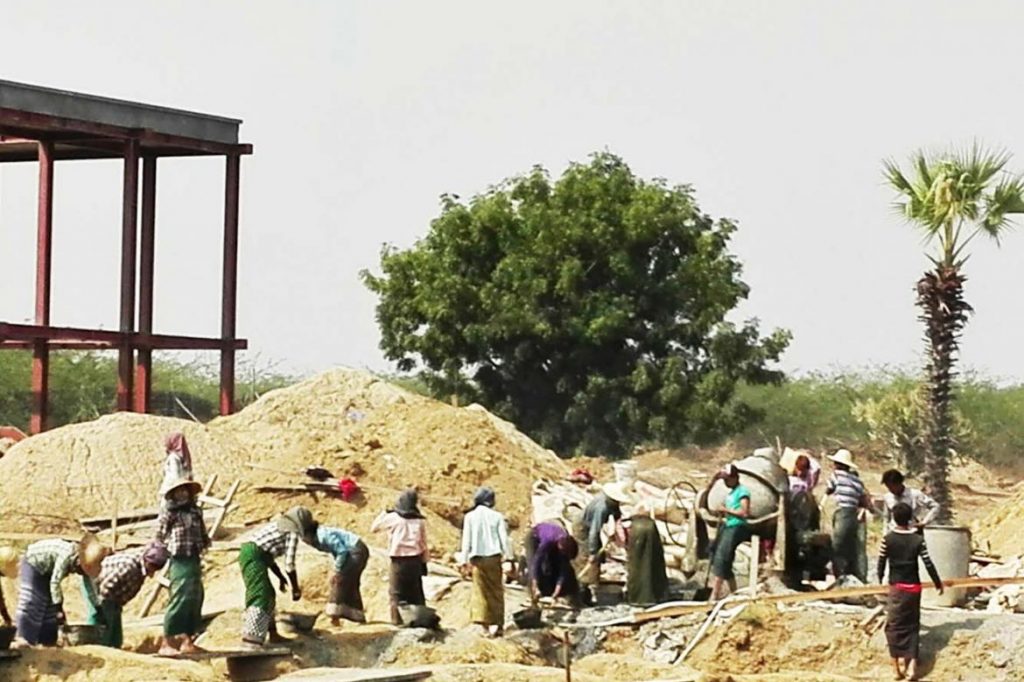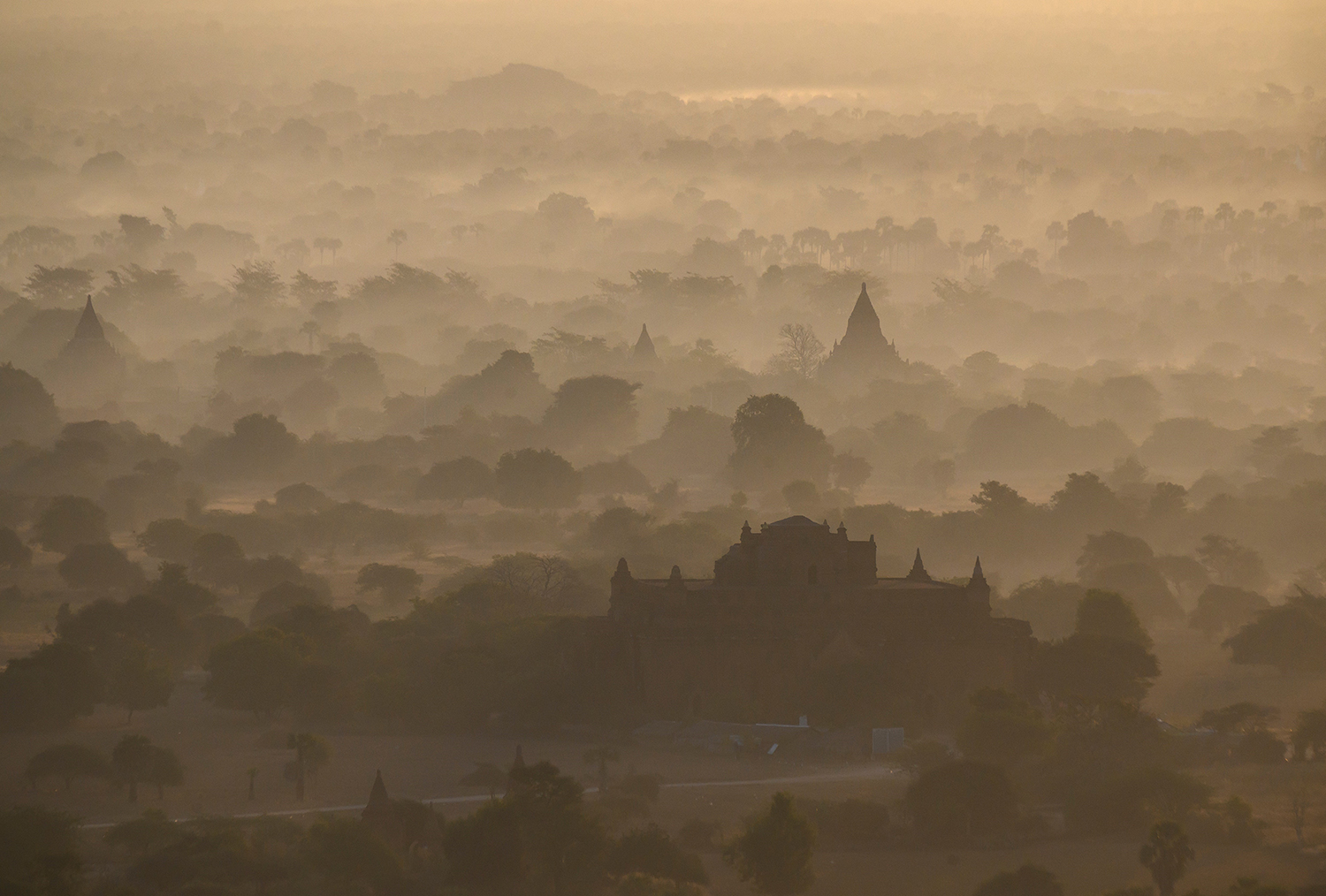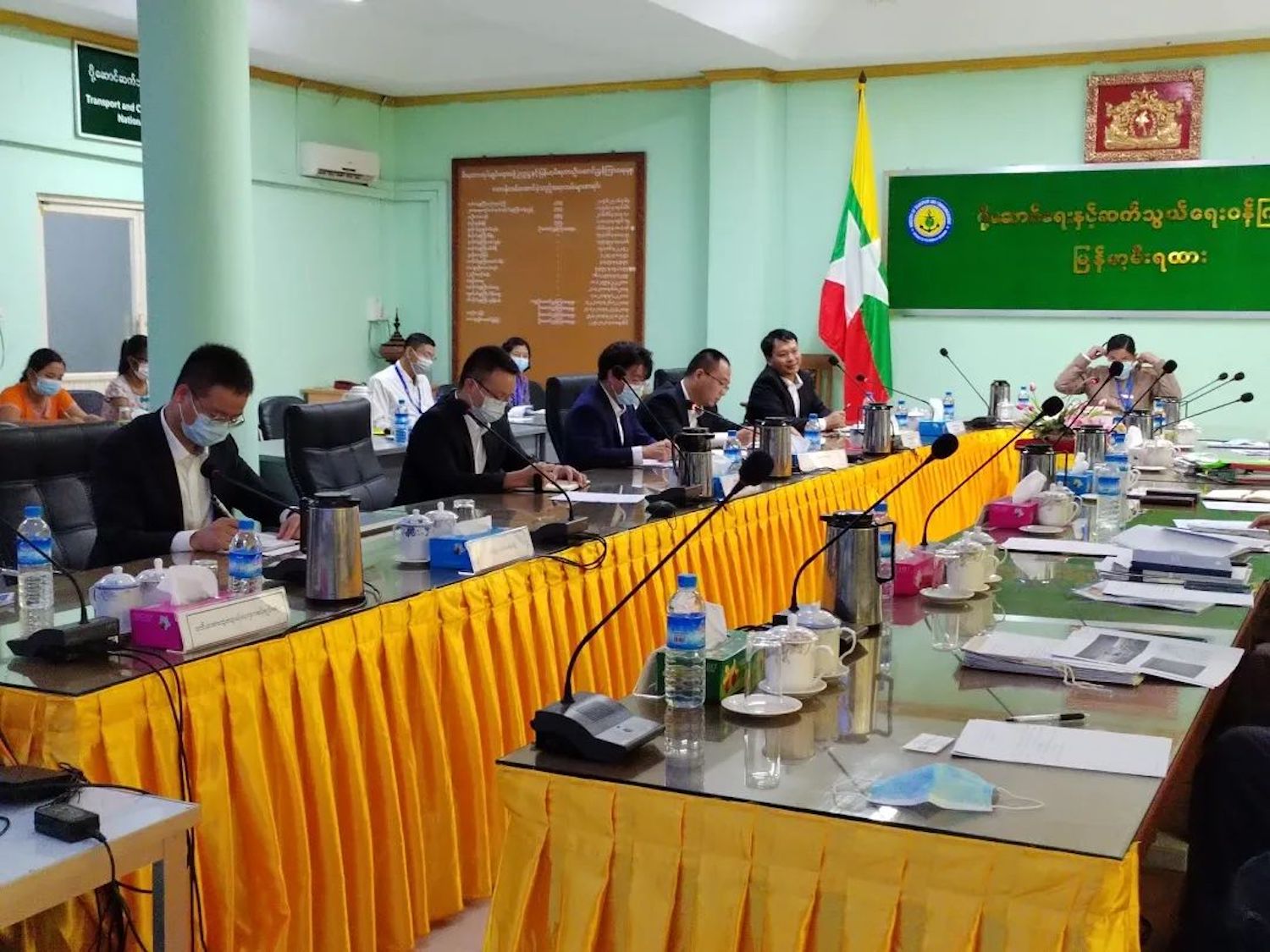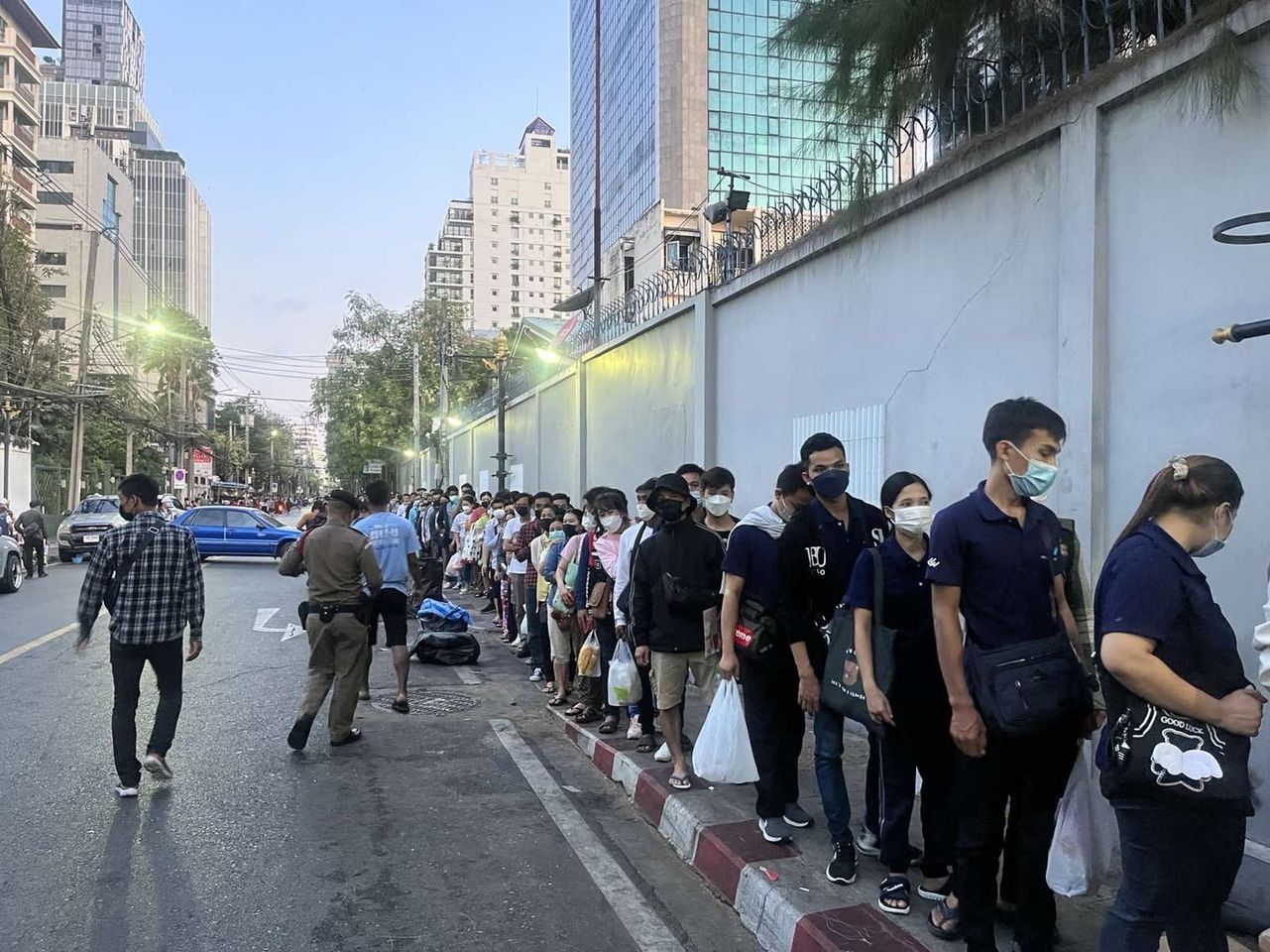A United Nations expert says Bagan is likely to be awarded World Heritage status this year, but the government needs to take on unruly hotel development to stay on the list.
By YE MON | FRONTIER
A senior UNESCO official says Bagan is likely to be awarded World Heritage status at a meeting later this year but that, if the government wants the ancient city to stay on the list, it will need to meet strict conservation targets, including the implementation of a comprehensive management plan, and remove hotels from archaeological sites.
The United Nations Educational, Scientific and Cultural Organization’s 21-member World Heritage Committee will decide on Myanmar’s application at a meeting in Azerbaijan between June 30 and July 10.
Mr Kai Weise, a UNESCO expert who is advising the Ministry of Religious Affairs and Culture on its application, said, “I believe that Bagan will be awarded World Heritage listing. But the government has to do more conservation [after that].”
Bagan, whose Buddhist temples and stupas sprawl across a plain abutting the Ayeyarwady River in Mandalay Region, is Myanmar’s biggest tourist draw. The government and many in the tourism industry believe that World Heritage status will boost a sector that has flagged since the National League for Democracy took office in 2016.
Support more independent journalism like this. Sign up to be a Frontier member.
Weise, who is a Nepali national of Swiss origin, said that even if Bagan was listed, UNESCO’s International Council on Monuments and Sites would ask the government to implement more than 20 recommendations by 2021. The recommendations include the limiting of permanent structures in the Bagan Archaeological Zone, improved water management and an archaeological map of sites yet to be excavated.
This would leave the government with a great deal to do in just three years, given slow progress so far. Weise noted that a lack of cooperation from the land registration department had held up the necessary mapping exercises, among other challenges. However, he said that even if the ICOMOS recommendations were not all implemented by 2021, Bagan would not lose its listing if the government could demonstrate progress.
One of the most contentious recommendations involves the relocation of hotels that are currently in the archaeological zone. The ICOMOS wants this settled within two years, according to Weise, who stressed that the government “needs to find a way to resolve this issue”.
Existing structures affected by the relocation recommendation include the Bagan Thiripyitsaya Sanctuary Resort, Hotel at Tharabar Gate, Bagan Hotel River View, Bagan Thande Hotel and the 60-metre Nan Myint viewing tower, which is managed by the adjacent Aureum Palace Hotel.
In January 2018, Myanmar submitted its final nomination dossier for Bagan to UNESCO. To meet a key requirement for World Heritage status, the government pledged to draw up a comprehensive management plan for a Bagan “heritage zone” and pledged to remove all hotels from the existing archaeological zone to a dedicated hotel zone by 2028. Also last year, the government convened the Bagan National Coordinating Committee, or BAGANCOM, led by Minister for Religious Affairs and Culture U Aung Ko, with the chief ministers of Mandalay and Magway regions as vice chairs.
U Thura Aung, secretary of Myanmar Archaeology Association, said the government should consider offering developers incentives, including “tax reductions”, for building in or relocating hotels to the hotel zone in the southwest of Bagan, which only a small number of hotels currently occupy.
However, conglomerate Eden Group is conspicuously building a new hotel within the archaeological zone that will be operated by Hilton, according to statements made by Eden chairperson U Chit Khine to media. There has also been controversy over plans by the Myat Min Company to build a 340-room hotel near the Saytanar Gyi and Kaung Gyi Nyima pagodas, also within the zone. Myat Min has partnered on several projects in Myanmar with Accor, a French multinational that owns the Novotel, Sofitel and Pullman brands, among others, and the new Bagan property is tipped to be a Novotel.
After work began on the project, the Department of Archaeology and National Museum in Bagan filed a police complaint against Myat Min alleging illegal construction in an ancient site under the Protection and Preservation of Cultural Heritage Regions Law. The offence entails a prison sentence of up to five years and or a fine of up to K50,000.
U Thein Lwin, the department’s deputy director general, said officials from Myat Min had met the minister Aung Ko to complain about the case lodged against them, and the minister had instructed that it be withdrawn.
Thein Lwin was unhappy with this intervention from the minister, saying the company should at least have told his department why they thought the case was unfair. “We already invited them to come and explain, but they haven’t yet,” he said, adding that the department was still pursuing the case, despite the minister’s instruction.
Ko Naing Tun, a member of the Bagan-Nyaung U Committee for Cultural Site Implementation, a monitoring body formed by local MPs and residents of Nyaung-U Township where Bagan is sited, said the department should not withdraw the case. “The company violated the law and it is still building the hotel,” he alleged.
Daw Ohnmar Myo, a former national project officer with UNESCO, said the case showed that some in the business community needed to change their thinking and understand the value of heritage conservation.
The earth mounds for viewing sunrises and sunsets present another obstacle to heritage conservation. These were built at Bagan on the instruction of State Counsellor Daw Aung San Suu Kyi after an earthquake in 2016 and amid heightened concern that tourists climbing up pagodas to gain vantage points were damaging the monuments.
Ohnmar Myo believes that these earthworks were potentially more damaging to Bagan’s heritage than tourists climbing centuries-old stairwells. “The relevant department should consider allowing people to climb the ancient pagodas [again],” she told Frontier.
The Department of Archaeology and National Museum has confirmed that it will not build more viewing mounds at Bagan but has also said it would not review the ban on climbing pagodas for the time being.
Thein Lwin said the issue had created differences in BAGANCOM. “Some members want to allow it but others don’t,” he said, adding that reaching consensus would “take time”.
Myanmar’s attempt to gain world heritage status for Bagan began in 1996, when the government submitted its first listing request. UNESCO sent the application back, pointing out that the government lacked both a detailed map of the archaeological zone and a heritage conservation law, which was enacted two years later.
Inappropriate commercial development has been blamed most for obstructing Bagan’s path to world heritage status in the years since, but another culprit is the shoddiness of renovations that were carried out under military rule. These have compromised the architectural integrity of the site in ways that are difficult to remedy.
If the application succeeds, Bagan would become Myanmar’s second entry on the list, after UNESCO added the Pyu Ancient Cities of Hanlin, Beikthano and Sri Ksetra in 2014.







